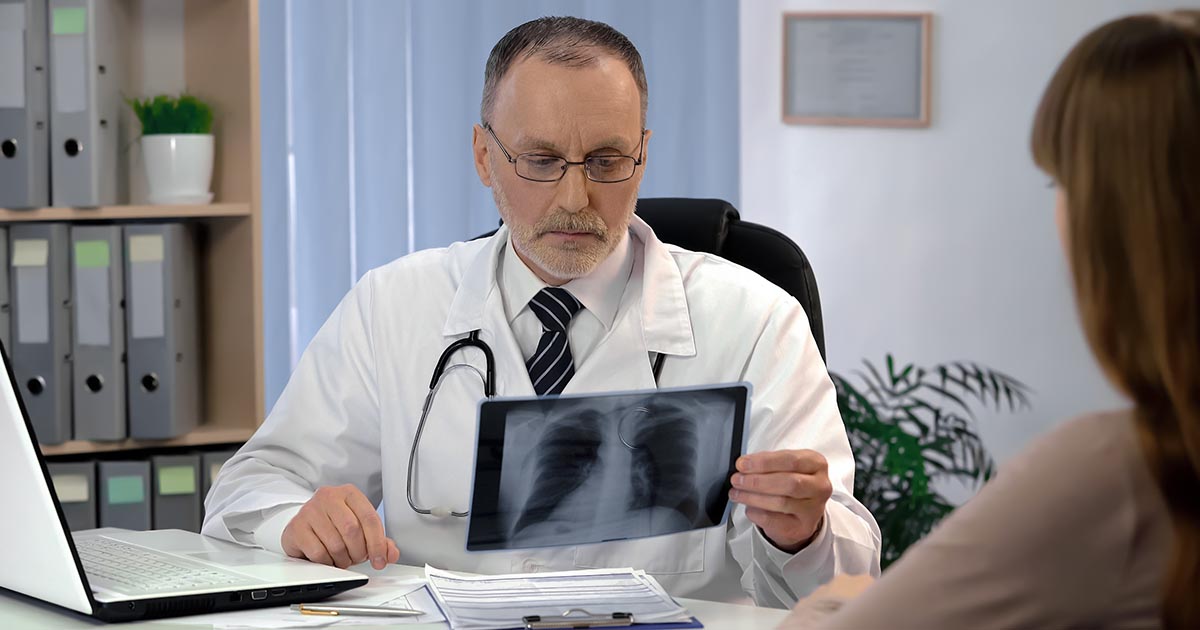Extremely Serious Effects From Not Treating GERD
Pneumonia

An individual who is affected by gastroesophageal reflux disease may develop a lung infection that is referred to as pneumonia as a complication of their condition. The regurgitation of stomach contents in individuals affected by gastroesophageal reflux disease can cause their epiglottis to malfunction. The epiglottis is the membranous flap of tissue that closes the windpipe off when an individual swallows food or fluids. When stomach contents move up the esophagus and near the epiglottis, it can allow for food or fluid particles to be inhaled into the lungs. The food or fluid particles provide an opportunity for bacteria to make their way into the lungs when they are aspirated. Patients who develop pneumonia due to GERD will experience symptoms such as a productive cough, fever, chest pain, trouble swallowing, rapid heartbeat, appetite loss, hoarseness, fatigue, confusion, breathlessness, and blue-tinted skin. Aspiration pneumonia can be prevented through the successful treatment of gastroesophageal reflux disease.